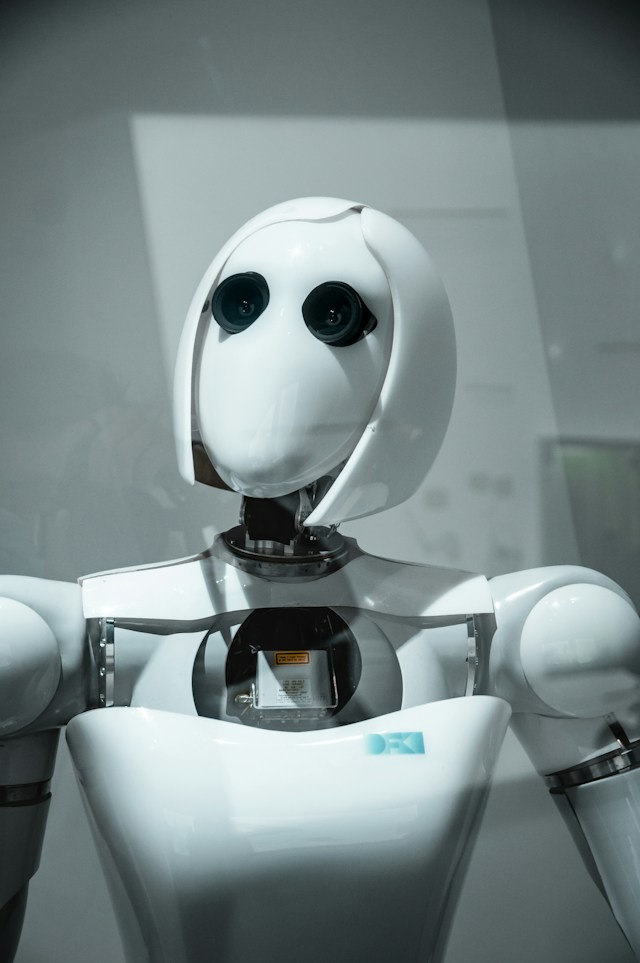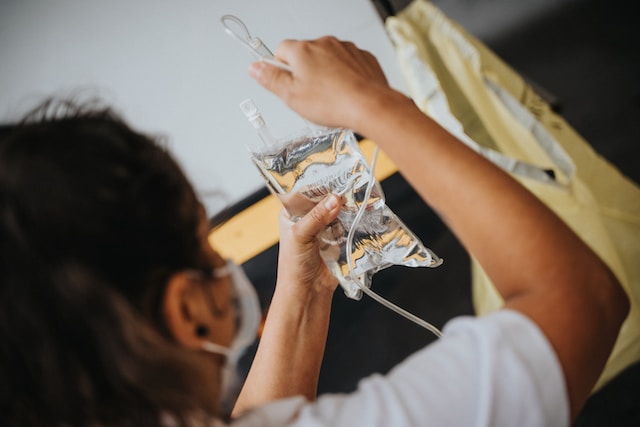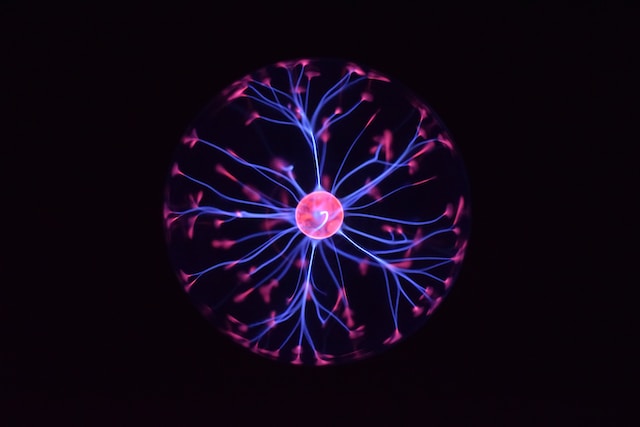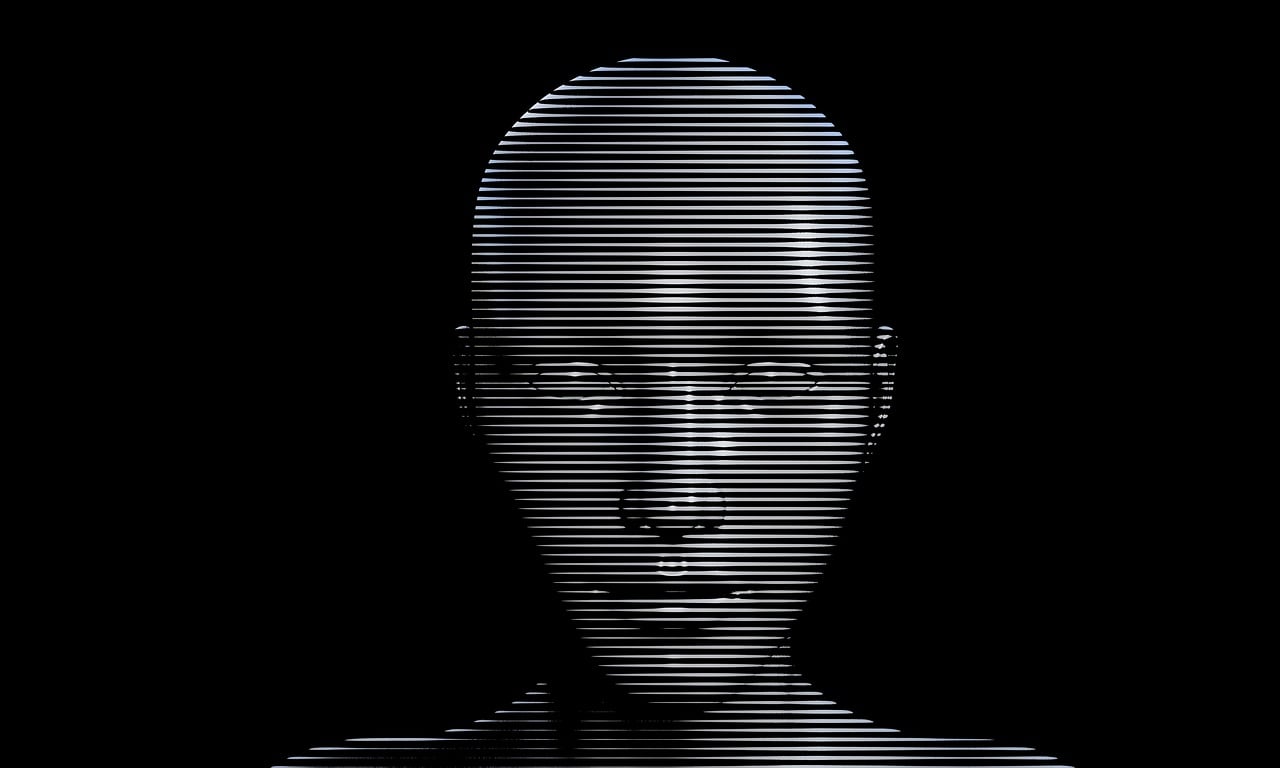Most of us believe that humans age because the cells that make up our bodies have a limited lifespan.
Is it that simple?
The answer, it turns out, is a firm: No!
Ageing is a complex process influenced by various factors, including genetic, environmental, and lifestyle factors, along with the natural decline of cellular and organ functions. At the cellular level, ageing is caused by damage from free radicals, changes in the cell’s DNA, and the accumulation of waste products in the cells. Furthermore, ageing is also caused by a decline in the body’s ability to repair and regenerate itself as well as a decline in the effectiveness of the immune system.
The field of Gerontology studies ageing and has made incredible progress over the past 30 years. In the past, however, there was a time when people thought that a single gene regulated ageing, almost like a clock, and that if you could knock out the gene, you could wind back the clock and reverse ageing. However, as research has progressed, it has been discovered that ageing is far more complex.
Ageing: complex interaction
There is no single gene for ageing, it is a complex process involving many genes, chemistry, physiology and behaviour. All theories on ageing recognise that it is the result of a complex interplay between many different factors. A combination of these theories is likely responsible for the ageing process, with no single theory likely to explain all aspects of ageing.

Additionally, many of the theories overlap between disciplines and it often seems as though different names are given to the same process. My interest in this subject is not scholarly, but more from the point of view of a well-informed longevity enthusiast. Scholars may take me to task on my classifications or the way in which I have organised my views on the subject. Please view this article as a primer for interested individuals who would like to get a better overview of the longevity landscape.
But, without further ado, let’s take a look at the main theories of why we age.
Programmed theories of ageing
Programmed theories of ageing (also known as programmed ageing theories) propose that the ageing process is programmed into our cells and is a natural, unavoidable process. According to programmed theories of ageing, ageing is caused by the gradual accumulation of damage to the body’s cells and systems from events such as oxidative stress and metabolic dysfunction. The theory further asserts that this has been selected for during evolution to limit the lifespan of generations, or that there was some evolutionary basis for this. The treatments and interventions used to address the pathologies caused by the programmed theories of ageing include lifestyle changes such as eating a healthy diet, exercising regularly, taking supplements, and reducing stress. Other interventions may include hormone replacement therapy, stem cell therapy, and gene therapy.
Programmed theories of ageing can be further subdivided into the following categories:
- The programmed theory of ageing – This theory suggests that certain genes control the rate of ageing. Known as “longevity genes”, they control the expression of a range of proteins and other molecules that regulate the ageing process. These genes include SIRT1, FOXO3, and PGC-1alpha.
- Endocrine Theory of Ageing – This theory asserts that hormones control ageing and that the changes in these hormones cause us to age. The hormones that play the most important role in ageing are growth hormone (GH), thyroid hormone, and sex hormones. GH is responsible for stimulating the production of other hormones, such as testosterone and estrogen, and a decline in GH production can lead to a decline in these hormones. Additionally, a decrease in thyroid hormone production can lead to a slower metabolism, which can also accelerate the ageing process.
- Immunological Theory of Ageing – According to this theory, the immune system is programmed to decline over time, leaving people susceptible to disease. The endocrine system is responsible for maintaining the health of the immune system. Diseases that can result from old age-induced immune system decline include autoimmune diseases such as rheumatoid arthritis and lupus, as well as infections from viruses and bacteria. Additionally, the elderly are more susceptible to certain types of cancer, such as lymphoma and leukaemia.
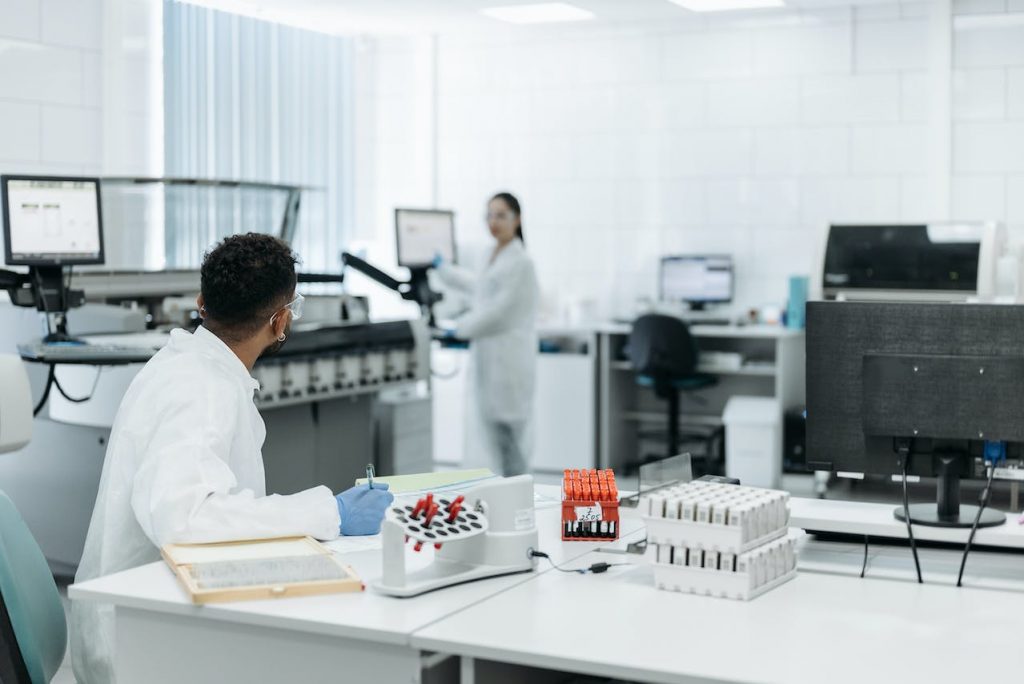
Each of these theories has its own merits and drawbacks, and there is much debate about which is the most valid. It is likely that there is no single explanation for the ageing process, and that it is a combination of all of these theories that contributes to the ageing process.
Error theories of ageing
Error theories of ageing assert that the accumulation of cellular damage caused by environmental factors, such as toxins and the cell’s metabolic processes, is the primary cause of age-related pathologies and diseases. Treatments and interventions to circumvent the pathologies caused by the error theory of ageing include the use of antioxidants, stem cell therapy, and lifestyle modifications such as diet and exercise.
Error theories can be further subdivided into:
- Wear and Tear Theory – The wear and tear theory of ageing proposes that as humans age, their cells and body deteriorate due to the wear and tear that accumulates over time. This is caused by the metabolic processes that occur within cells and the environment they are exposed to. The theory suggests that the stress of these processes on cells eventually causes them to become damaged and unable to function as efficiently as they did when they were younger. This damage leads to the gradual deterioration of cells and, ultimately, the body as a whole. The main sources of wear and tear on cells are metabolic processes, such as the breakdown of proteins, carbohydrates and fats to produce energy. The accumulation of waste products can cause damage to cells and lead to decreased functionality. Damage from environmental factors such as UV radiation and air pollution also causes cells to age.
- Rate of Living Theory – According to this, the faster an organism uses oxygen, the shorter it lives. The mechanism whereby the rate of living theory decreases lifespan is not fully understood. It is believed that a faster metabolism leads to a higher production of free radicals, which are highly reactive molecules that can damage cells, proteins and DNA. This damage accumulates over time, leading to a decrease in lifespan.
- The Somatic DNA Damage Theory – This theory asserts that genetic mutations caused by environmental stressors are the primary cause of age-related cell dysfunction. The theory suggests that these mutations accumulate over time and eventually lead to the deterioration of cells and tissues, thereby contributing to ageing. While DNA damage cannot be prevented, it can be delayed or minimized by avoiding environmental stressors and taking proactive steps to maintain a healthy lifestyle.
Genetic theories of aging
Genetic theories of ageing refer to the idea that ageing is, at least partially, a result of genetic factors and how these interact with the environment. These theories suggest that certain genes in the body may be responsible for dictating the rate of ageing. These theories are similar to the programmed theories of ageing, but differ in nuance. Genetic theories of ageing see genes themselves as the drivers of the ageing process. Programmed theories believe that organisms are destined to die because death is an evolutionary benefit. Genetic theories may include programmed theories, and also assert that genetic components underpin all theories of ageing.
These genes may cause cells to stop dividing or divide more slowly, leading to a decrease in the efficiency of organs and systems. The exact causes of ageing are still not fully understood, but genetic theories propose that ageing is, to some degree, predetermined. It is believed that these genes that contribute to the ageing process cause cells to divide less often, leading to a decrease in the efficiency of organs and systems. Additionally, these genes may also cause an increase in the production of damaging free radicals, leading to cell damage and dysfunction. Treatments and interventions to circumvent the pathologies caused by the genetic theories of ageing are still in the early stages of research and development. However, recent studies have shown that interventions such as calorie restriction, telomere length maintenance and DNA repair may be effective in delaying the onset of age-related diseases. In addition, gene therapy has been suggested as a potential option for targeting the specific genes responsible for ageing.
Ultimately, further research is needed to fully understand the genetic theories of ageing and develop effective treatments and interventions to combat age-related diseases.
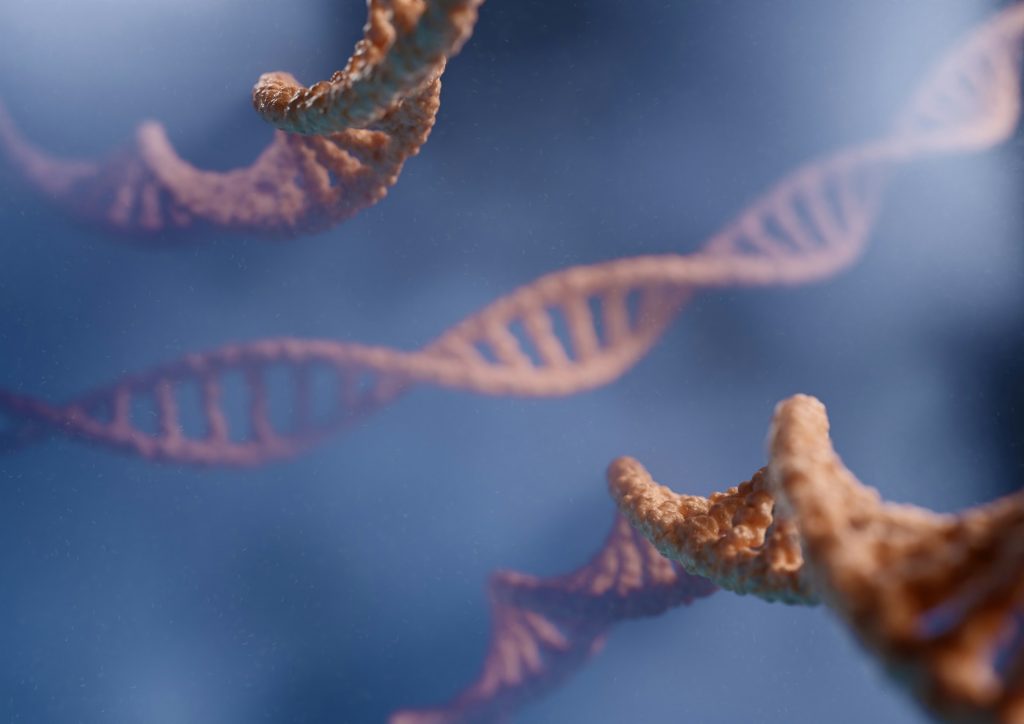
Many studies indicate that genetics can play a major role in ageing. Removing certain genes, or suppressing their function, can either extend or reduce the lifespan in laboratory mice. The implications and transferability of these findings to humans are not fully understood but it seems to indicate that genetics account for a fair amount of the variability in ageing between individuals.
Some of the genetic theories of ageing include:
- Telomeres – The telomere theory suggests that ageing is caused by the shortening of telomeres. Telomeres are protective caps at the end of chromosomes that protect the chromosomes from damage. As we age, these telomeres get shorter, leading to cell damage and the deterioration of tissues. Dietary interventions that can lengthen telomeres include eating a balanced diet with plenty of fruits and vegetables, avoiding processed foods, and limiting saturated fats and refined carbohydrates. If telomeres are too long, it can cause genomic instability which can lead to cancer and other diseases.
- Stem cells theory of ageing – Stem cells are undifferentiated cells in the body that can become any type of cell in the body. They are capable of dividing and renewing themselves for long periods, making them invaluable for medical treatments such as tissue repair, transplantation and the production of new cells. The body can produce new stem cells, however, this process is limited and the amount available decreases with age.
Biochemical theories of ageing
Your body is a complex biochemical reactor. Some of the reactions cause damage. Numerous processes in the body seek to repair these damages, but since more damage is caused than can be fixed, ageing occurs. Biochemical theories of ageing essentially study the biochemistry behind the wear and tear theories of ageing. Studying these complex reactions helps us to understand how the body changes over time.
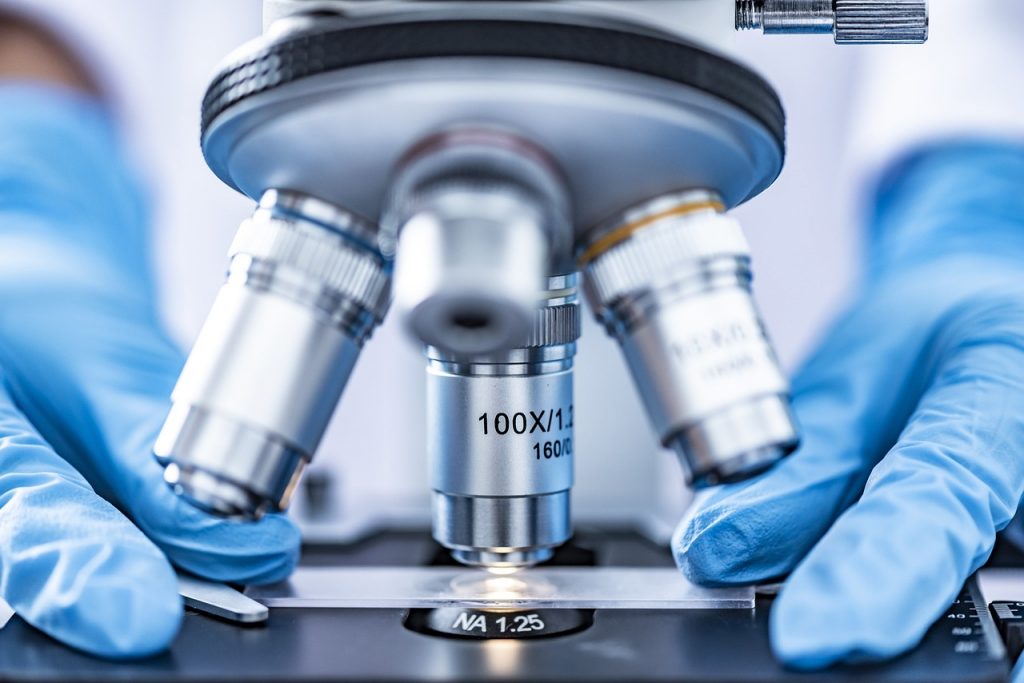
Important sub theories within the biochemical theories of ageing include:
- Free Radicals Theory – Free radicals are molecules that contain at least one unpaired electron. They are formed in the body as a natural by-product of metabolism, as well as by environmental exposure to toxins such as cigarette smoke, radiation, and certain chemicals. Free radicals can damage cells and DNA, leading to several diseases and conditions, including ageing. The body’s natural antioxidant defences help to reduce the damage caused by free radicals.
- Protein Cross-Linking Theory – Protein cross-linking is a process that occurs when two of the same or similar proteins form a permanent bond. This can result in the proteins being unable to perform their designated tasks and can contribute to the ageing process. Cross-linking can cause a decrease in elasticity and flexibility, as well as an increase in rigidity. Cross-linked proteins are also much more difficult for the body to break down, resulting in a build-up of proteins in the body that can lead to a range of age-related diseases, including Alzheimer’s, atherosclerosis, and cancer.
- DNA Repair Theory – As DNA repair systems become less effective over time, they become less able to repair damage to DNA caused by environmental factors such as UV radiation and other toxins. This damage can accumulate over time, leading to mutations that can disrupt important processes in the body and contribute to the ageing process. DNA damage is thought to be a contributing factor in the development of age-related diseases such as cancer, heart disease, and diabetes. Additionally, DNA damage can cause cells to stop functioning correctly, leading to loss of tissue function and cell death. This can further contribute to the ageing process.
- Heat Shock Protein Theory – Lower levels of heat shock proteins can contribute to ageing by causing cells to become more vulnerable to damage from environmental stressors such as heat, cold, and ultraviolet light. Without adequate protection from these stressors, cells can become damaged and unable to perform their normal functions, leading to signs of ageing. Lower levels of heat shock proteins can also reduce the effectiveness of cell repair and recycling, which can lead to an accumulation of damaged cells and further signs of ageing.
- Hormonal Theory – Changes in hormone levels as we age can have a variety of effects on the body that can contribute to the ageing process. Lower levels of hormones such as estrogen, testosterone, and growth hormone can lead to a decrease in muscle mass, bone density, and skin elasticity, as well as an increase in body fat. Additionally, changes in hormone levels can affect metabolism, energy levels, and cognitive functioning, all of which can contribute to the overall process of ageing.
- The Glycation Theory: This theory suggests that ageing is caused by the accumulation of glucose molecules in the body. These molecules can attach to proteins and form advanced glycation end products (AGEs), which can damage cells and cause age-related diseases.
- Inflammation Theory: This theory suggests that ageing is due to the chronic inflammation that occurs in many parts of the body, leading to damage to cells and tissues.
Treatments and interventions to circumvent the pathologies caused by the biochemical theories of ageing include lifestyle changes, such as increased physical activity, healthy eating and reduced stress, as well as antioxidant supplements and telomerase-activating drugs.






